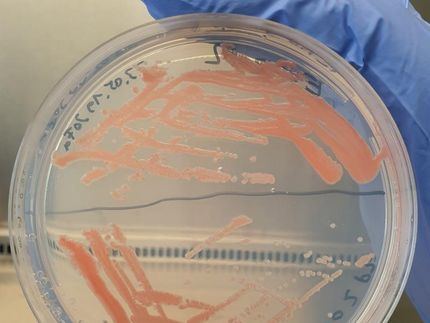Renewable Energy for Hydrogen Production
Advertisement
Siemens is participating in a research project that is looking at ways to convert carbon dioxide (CO2) into useful chemical feedstock. It may even be possible to permanently remove the gas, which would be separated out during the combustion of fossil fuels, from the atmosphere and so weaken the impact of the greenhouse effect. The energy required to convert the relatively unreactive CO2 is to be obtained from renewable resources. The project CO2RRECT will receive 11 million euros over three years from Germany’s Federal Research Ministry. Siemens’ partners in the project are Bayer, RWE, and universities and institutes. A key element of the project is being contributed by Corporate Technology, Siemens central research department: an electrolyzer for producing hydrogen on an industrial-scale.
At the moment, massive investments are being made in wind and solar power. The yield from these renewable resources, however, varies depending on the weather conditions. Industry is therefore looking for ways to intelligently utilize the surpluses that sometimes arise. After all, at the moment, it is sometimes necessary to decouple wind farms from the grid because there are no consumers for the power they generate. The first step is to use this power to split water into its constituent elements hydrogen and oxygen. Siemens has constructed a prototype of an electrolyzer for this purpose. The objective is to construct a 100-kilowatt unit in a container. This electrolyzer, which will be linked to the power grid as part of the project, will go into operation whenever excess or extremely cheap power is available.
The hydrogen produced in this way can react with carbon dioxide and convert the gas into intermediate products such as carbon monoxide or formic acid. These intermediates can then be used to manufacture useful plastics or fuels. The carbon dioxide for the project comes from the RWE brown-coal fired power plant at Niederaußem, where a flue gas scrubber is operated. Siemens is also investigating the possibility of using the energy-rich hydrogen on an industrial scale. The plan is to use turbines to convert it back into power. Working together with Russian partners, researchers are currently searching for combustion processes that produce as little nitrogen oxides as possible. Because burning hydrogen produces considerably higher temperatures than burning natural gas does, the materials used must be capable of meeting special requirements.
Most read news
Topics
Organizations
Other news from the department science

Get the chemical industry in your inbox
By submitting this form you agree that LUMITOS AG will send you the newsletter(s) selected above by email. Your data will not be passed on to third parties. Your data will be stored and processed in accordance with our data protection regulations. LUMITOS may contact you by email for the purpose of advertising or market and opinion surveys. You can revoke your consent at any time without giving reasons to LUMITOS AG, Ernst-Augustin-Str. 2, 12489 Berlin, Germany or by e-mail at revoke@lumitos.com with effect for the future. In addition, each email contains a link to unsubscribe from the corresponding newsletter.






























































